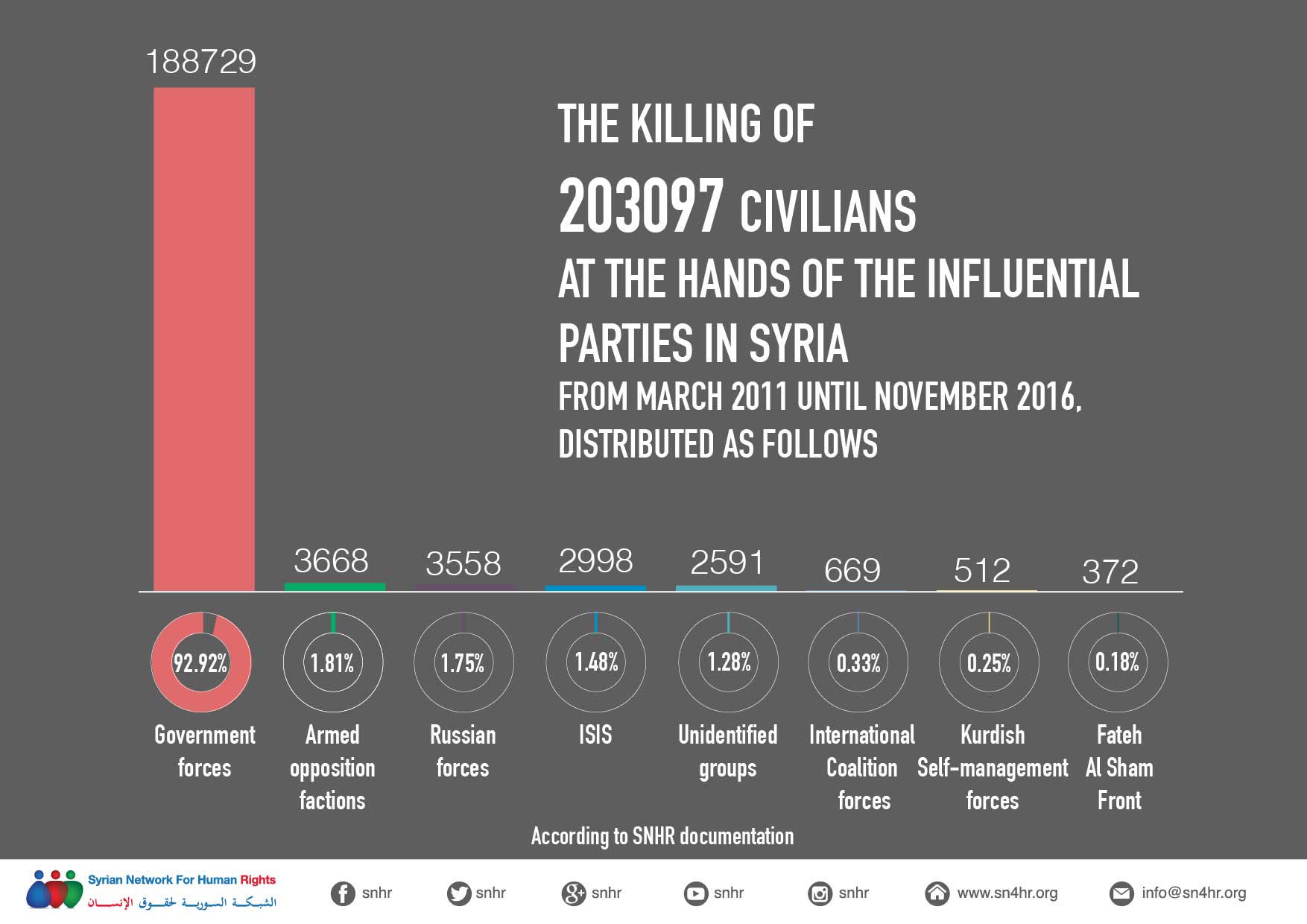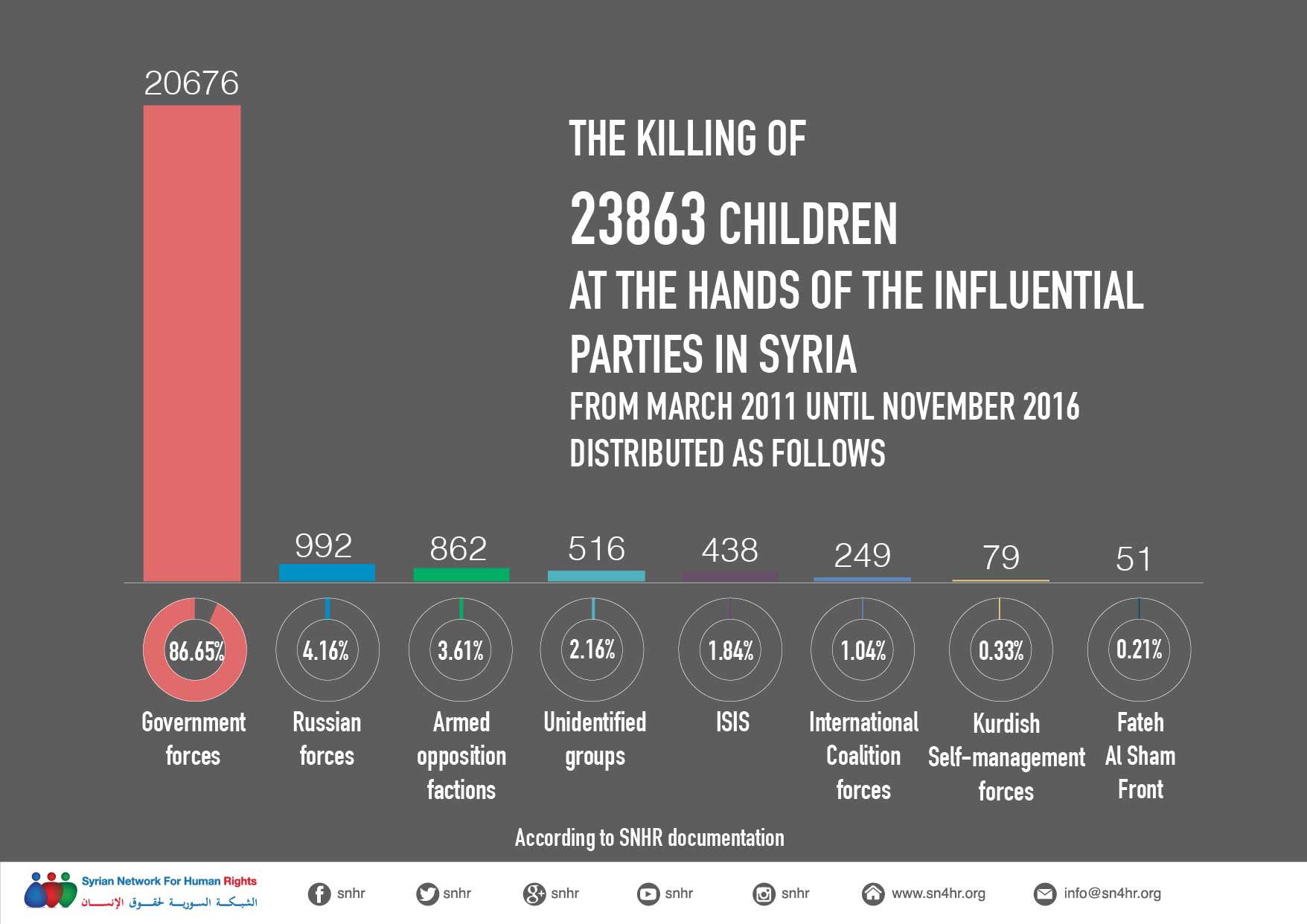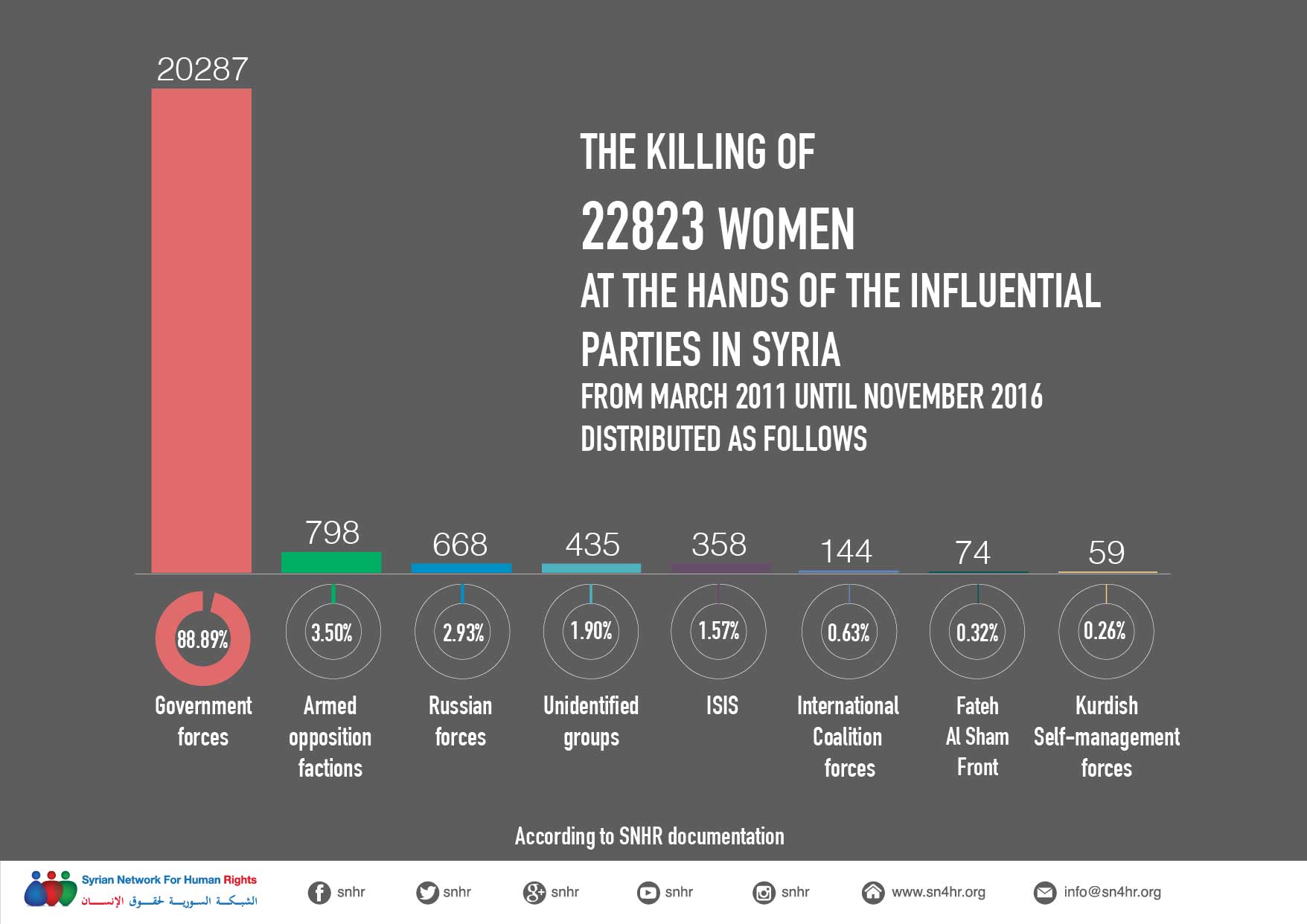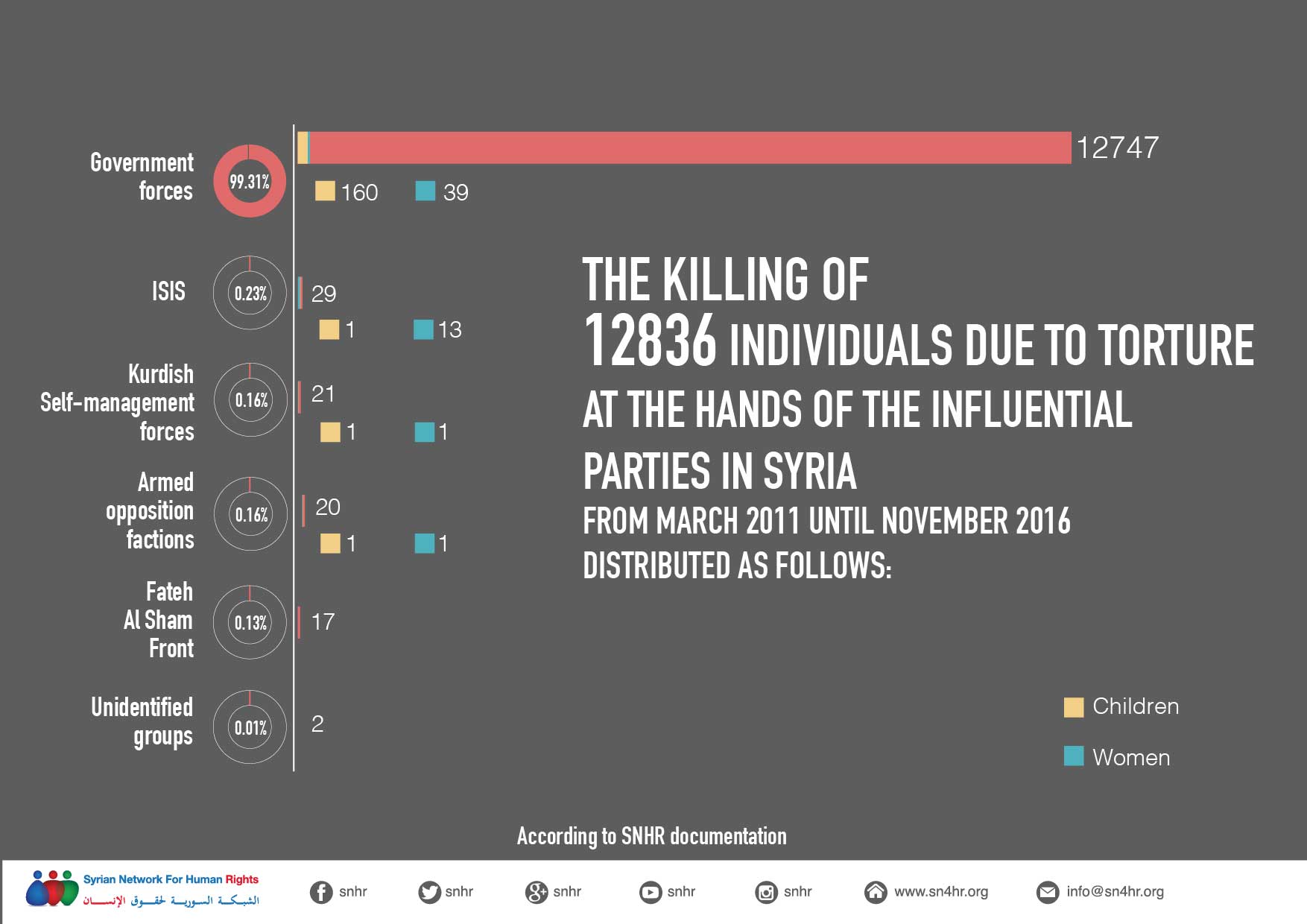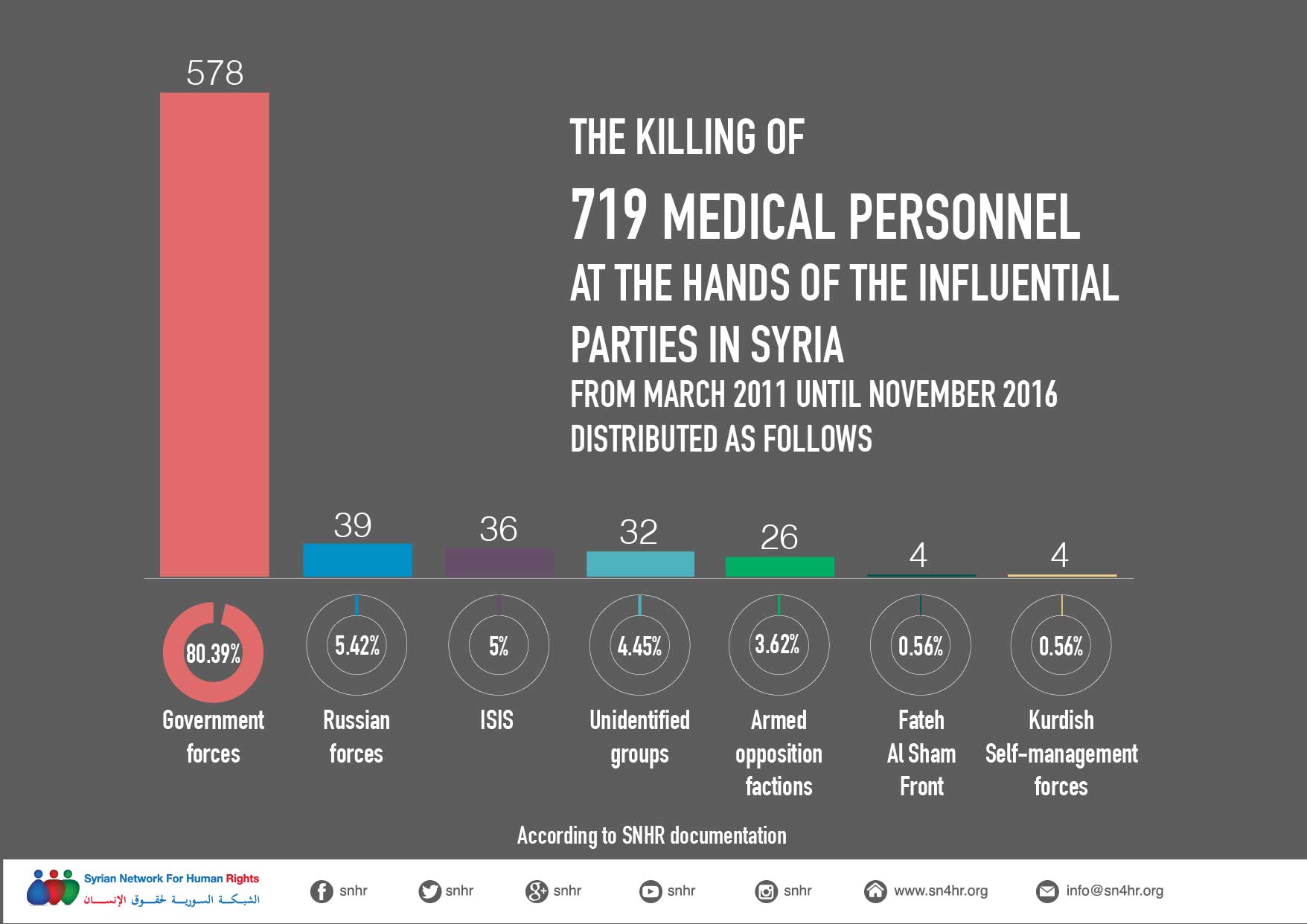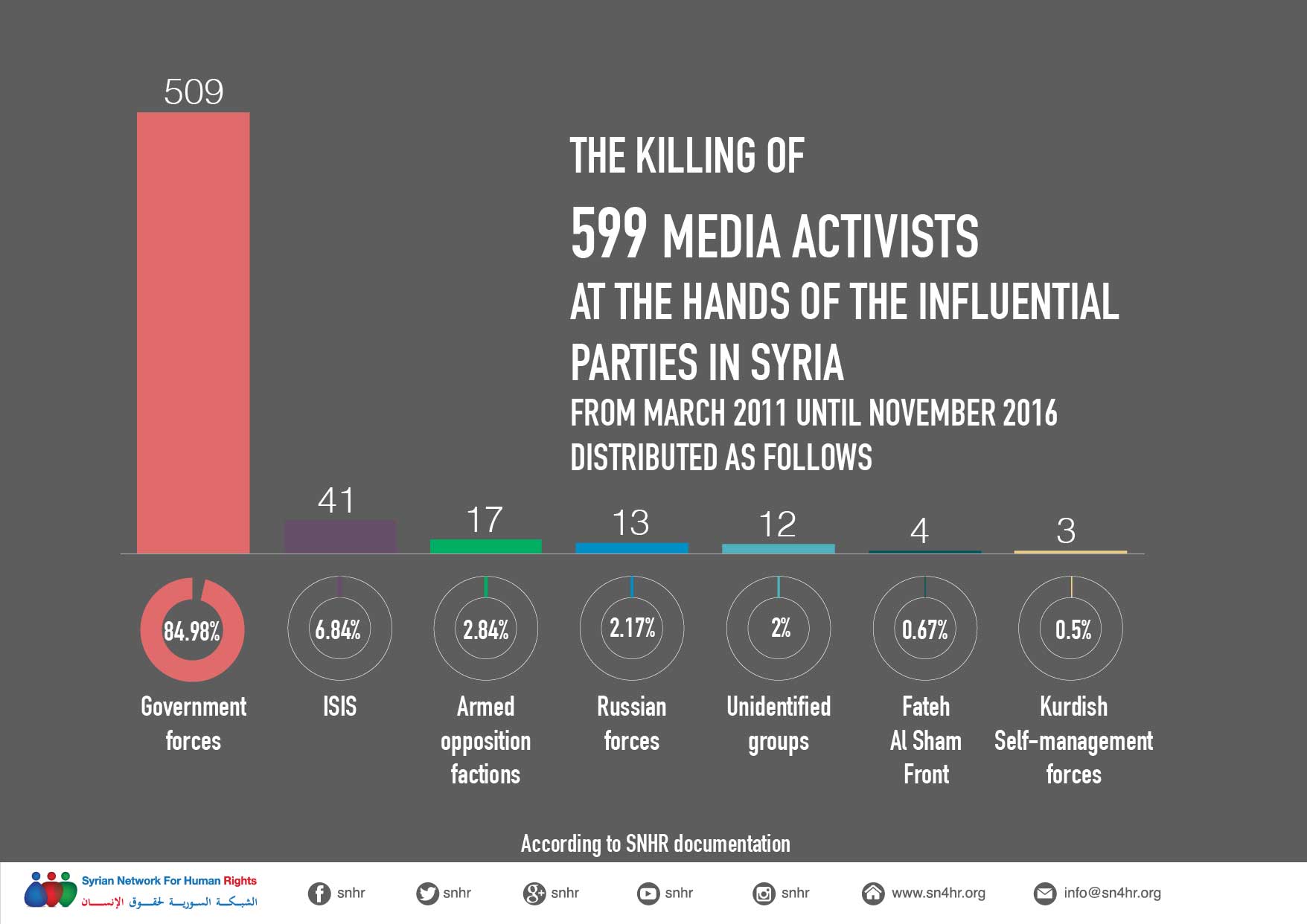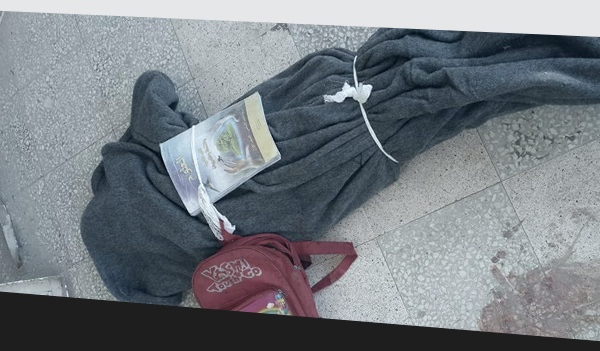|
Syria Watch
Syria Deeply Weekly Update: The Battle for Raqqa Begins
|
||||||||||||||||||||
|
Syria Deeply Weekly Update: ‘Excuse Me If We Smash You’
|
||||||||||||||||||||
|
VDC: The Monthly Statistical Report on Victims, October 2016
|
||||||||||||||||||||||||||||||||||
|
||||||||||||||||||||||||||||||||||
|
Syrian Network for Human Rights: 1106 Civilians Killed in October 2016
The report includes only the death toll of civilians that were killed by the main six influential parties in Syria:
– Government forces (Army, Security, local militias, Shiite foreign militias)
– Russian forces
– Self-management forces (consisting primarily of the Democratic Union Party forces, a branch for the Kurdistan Workers’ Party)
– Extremist Islamic groups
– Armed opposition factions
– International coalition forces
– Unidentified groups

